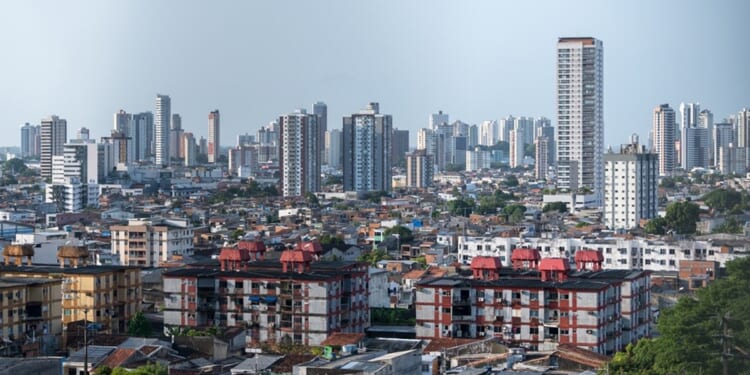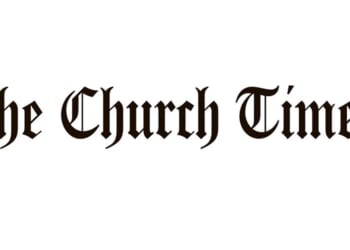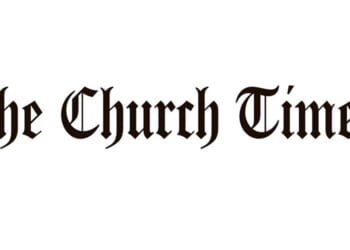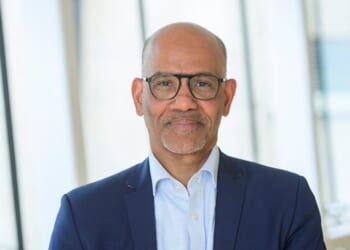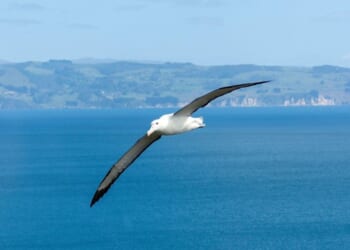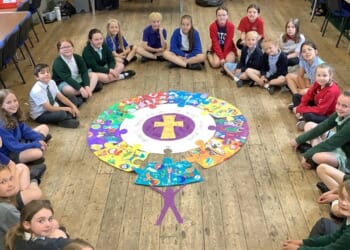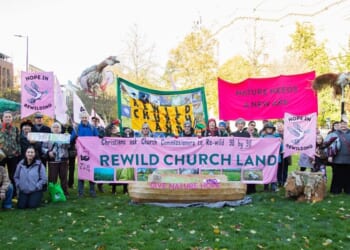“IF YOU you want to cultivate peace, care for creation,” Pope Leo told nations attending the United Nations COP30 climate talks in Brazil, which opened on Monday.
In his address, delivered to the conference on his behalf by Cardinal Pietro Parolin, the Pope said that there was a clear link between peacebuilding and stewardship for creation: “In the midst of a world that is in flames, as a result of both global warming and armed conflicts, this Conference should become a sign of hope.”
The climate crisis was global, so there was, he said, a need for “international cooperation and a cohesive and forward-looking multilateralism, which puts the sacredness of life, the God-given dignity of every human being and the common good at its centre”.
But he also suggested that some individuals and governments were trying to slow progress on combating climate change. “Regrettably, we observe political approaches and human behaviours that go in the opposite direction, characterised by collective selfishness, disregard for others and short-sightedness,” he said.
His speech highlighted the challenging conditions in which COP30 takes place. President Trump continues to deny the science of climate change, undermining global efforts to hold back the expansion of renewable energy.
Despite President Trump’s withdrawal of the US from the Paris Agreement, no other country has done so. More than 190 countries arrived in the Brazilian city of Belém on Monday for the COP30 talks, which take place over the next fortnight.
Brazil, which chose the host city because of its location on the edge of the Amazon rainforest, has already announced one concrete outcome of the talks: the creation of a special fund designed to protect the world’s forests.
The Tropical Forest Forever Facility seeks to raise $125 billion, to be invested in bonds and paid out in returns to countries that conserve and protect their forests. The move has so far been backed by 53 nations, and received more than $5.5 billion in donations, from countries including Norway, Indonesia, and Brazil.
The UK has not yet committed funds to the project. In his speech at the leaders’ summit last week, which preceded COP30, Sir Keir Starmer unveiled a series of green energy investments across the UK. “We are delivering the largest investment of clean energy in British history, and the biggest nuclear building program in a generation to take back control of our energy system and make Britain a clean energy superpower,” he said.
Also speaking on behalf of the UK was the Prince of Wales, who attended the leaders’ summit on behalf of the King. He urged countries to consider, when making their energy and climate policies, the children yet to be born.
“Let us honour the leadership of those who have long protected the planet — indigenous peoples and local communities — and walk forward together,” he said.
“Let us build a future where nature is valued, and where every child inherits a world of prosperity, not peril. Let us rise to this moment with the clarity that history demands of us. Let us be the generation that turned the tide — not for applause, but for the quiet gratitude of those yet to be born.”
Echoing his words on the importance of indigenous peoples in the Amazon was the Primate of Brazil and Bishop of the Amazon, the Most Revd Marinez Bassotto.
“Their voices need to be at the centre of discussions, because they are the ones who hold the ancestral and practical knowledge necessary for preservation,” she told the conference.
“Climate justice will only be achieved when the territorial and cultural rights of these communities are fully recognised and respected. We want their voices to influence the negotiations to ensure that the commitments made at the summit are translated into concrete, effective and fair action.”
Among the issues on the table in Belém is how the world can support communities that are forced to adapt to climate changes already taking place. This includes narrowing the gap between the available support provided by developed countries for adaptation, and the needs being felt in developing countries.
Joe Ware is senior climate journalist at Christian Aid

